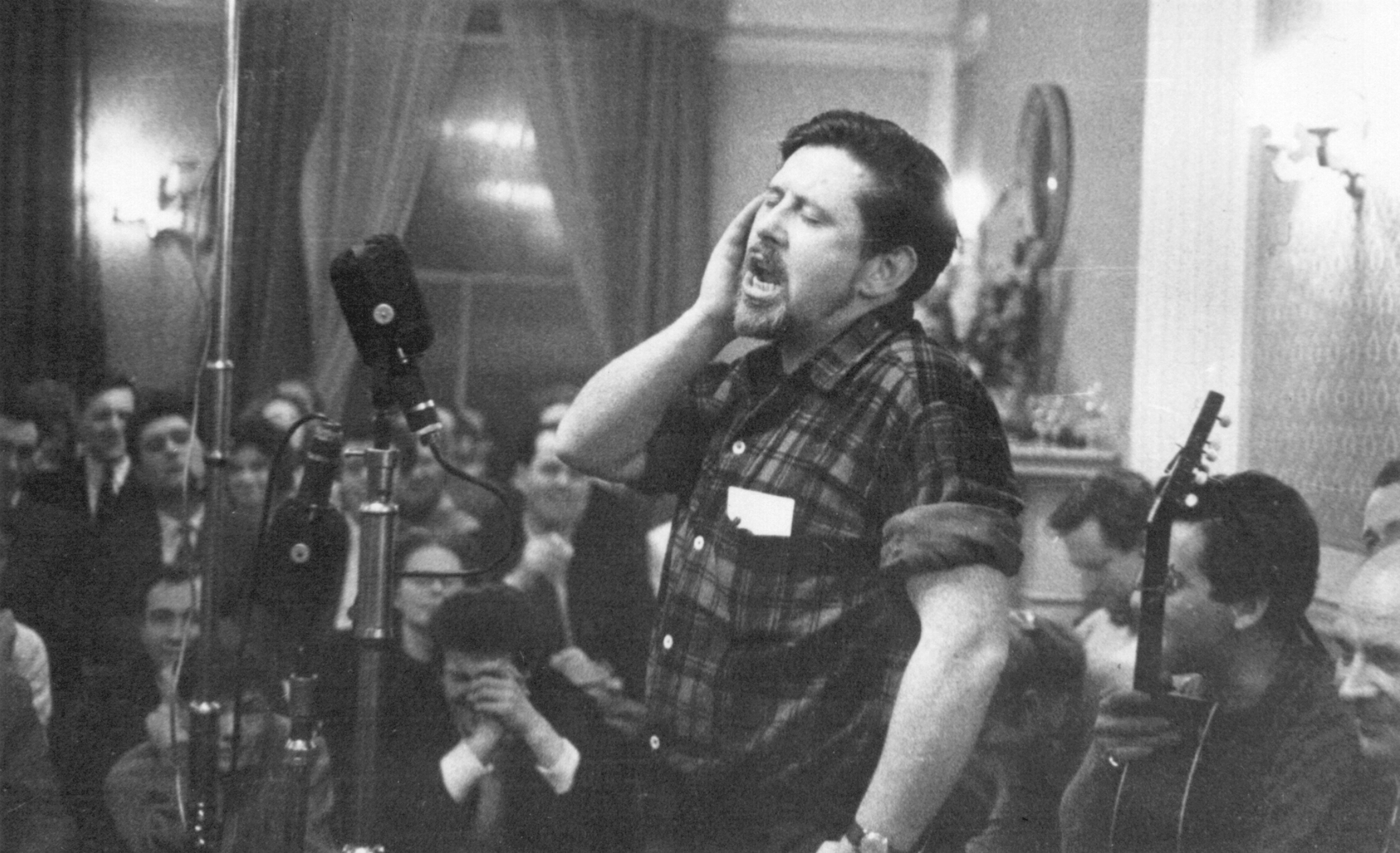Story of the Song: Dirty Old Town by Ewan MacColl
From The Independent archive: Robert Webb on ‘Dirty Old Town’ by Ewan MacColl

For a man who disliked American-inflected pop, Ewan MacColl wrote some matchless international hits. “The First Time Ever I Saw Your Face”, covered by the Chicago soulstress Roberta Flack, is as graceful as any love ballad from the American songbook. Conversely, “Dirty Old Town” is smudged in postwar England’s blackened smokestacks and back-to-backs.
In fact, it was in Salford that MacColl was born plain Jimmy Miller (the name-change came in the mid-Fifties). After the Second World War, he co-founded a socialist drama project, Theatre Workshop, with his first wife, the radical theatre innovator Joan Littlewood. Their documentary play about the railway town, Landscape with Chimneys, braved the boards in 1950.
On the opening night, Littlewood hit a problem. An awkward scene change required something to keep the audience’s attention for a couple of minutes. MacColl’s hands reached for his guitar, and his mind drifted through the theatre doors to the dimly lit streets. His father, unemployed for long periods in the 1930s, would spend time at the Workers’ Arts Club in the town’s Liverpool Street.
“Next to it was a cinder croft, and behind that the main gas works for Salford,” MacColl later said. The memory pricked his imagination: “I found my love by the gasworks croft/ Dreamed a dream by the old canal/ I kissed a girl by the factory wall/ Dirty old town, dirty old town.” MacColl quickly marshalled the images into a sombre folk tune, that had its first outing two hours later.
The song is built on Salford’s smoke-encrusted brick. “I have absorbed this place through the palms of my hands,” MacColl wrote. “Of course I hate it, I loathe it, I am scared of being devoured by it; and yet, though I live to be 100, it is unlikely that I will ever know any place as well as I know this one.”
MacColl claims he had forgotten the song until he learned, to his apparent alarm, that it was being sung by American folk revivalists. It has since been covered by dozens, from Rod Stewart to The Pogues. Ian Campbell, who cut a version in 1966, detected “a quality which tends to make it sound like the background music for an old Western”: it was MacColl’s unwitting riposte to Americana.

Join our commenting forum
Join thought-provoking conversations, follow other Independent readers and see their replies
Comments